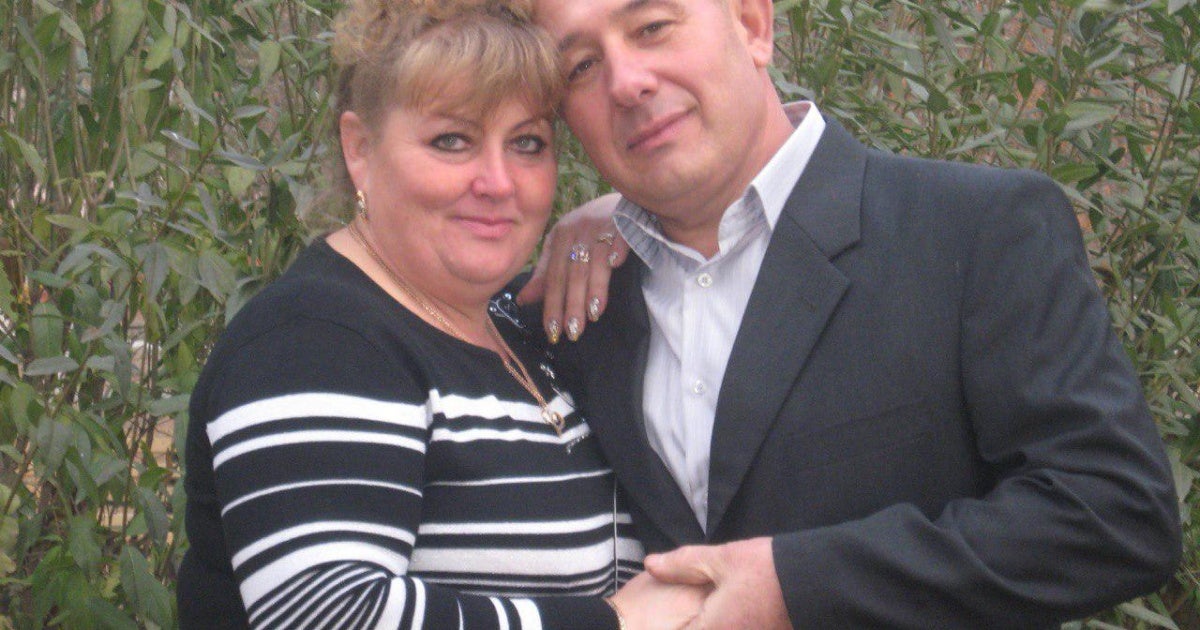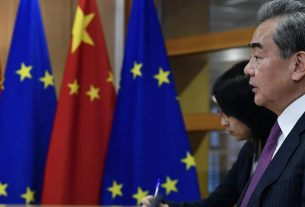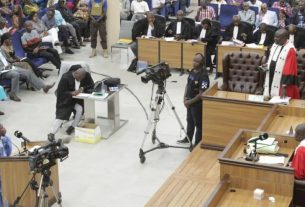On August 15, while United States President Donald Trump and Russian President Vladimir Putin were en route to their Alaska meeting, 26-year-old Nataliia Makarenko buried her mother, Tetiana Litvin, 60, in Kherson, southern Ukraine. Tetiana had died two days earlier in an artillery strike.
Almost a year ago, Nataliia buried her father, Petro, 67. A Russian drone targeted the minivan he was driving in Kherson, and he died from his injuries. Nataliia was one of dozens of Kherson residents my colleagues and I spoke with last year to document Russian forces’ use of drones to deliberately attack civilians, a war crime. These attacks were designed to instill terror and constitute potential crimes against humanity.
After Petro’s death, Tetiana and Nataliia had evacuated to Chornobaivka, north of Kherson. Tetiana coped with her grief by gardening and caring for the family’s pets.
On August 13 at 5:50 a.m., Nataliia heard shelling. A sudden blast wave hit her. “I tried to get to my mother’s room, but then came the second and third strikes,” she told me. Part of the house collapsed, burying Tetiana. Local authorities reported that the attack injured at least four other village residents. Nataliia had minor injuries.
Because of the drone threat, emergency workers had to leave their vehicle en route and walk to Nataliia’s house. While four workers dug out Tetiana’s body, a radio operator warned of drones overhead.
Nataliia buried her mother next to her father. Also due to the drone threat, the priest performed a brief ceremony standing beside the car, doors open, with the coffin inside.
“I had a family, a mother and a father,” Nataliia said. “They stayed together all their lives. Now they are gone.”
While numerous rounds of negotiations on Ukraine—including the August 18 White House meeting—rarely mention justice, Ukrainian civilian casualties continue to rise, recently reaching their highest monthly numbers since May 2022, according to the United Nations. As stakeholders pursue a quick political deal, Russian forces responsible for grave crimes, including indiscriminate bombing and shelling, unlawful attacks on civilians, torture and ill-treatment in occupied areas and Russian prisons, and the torture and executions of prisoners of war cannot go unpunished.
Nor should Russia’s deliberate drone attacks on civilians in Kherson. Nataliia and Ukrainians like her deserve justice and reparations for all they have lost and endured.



